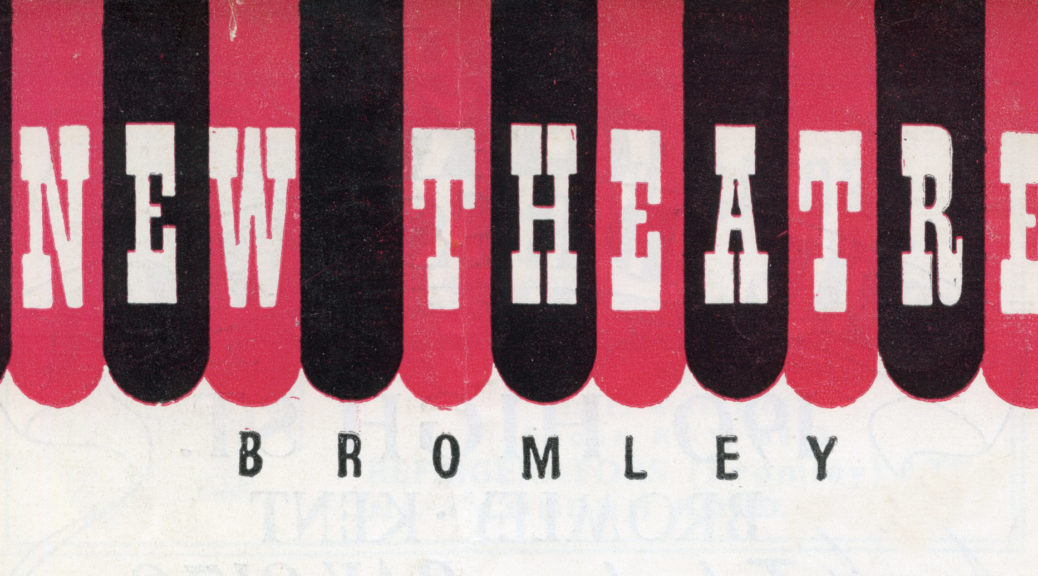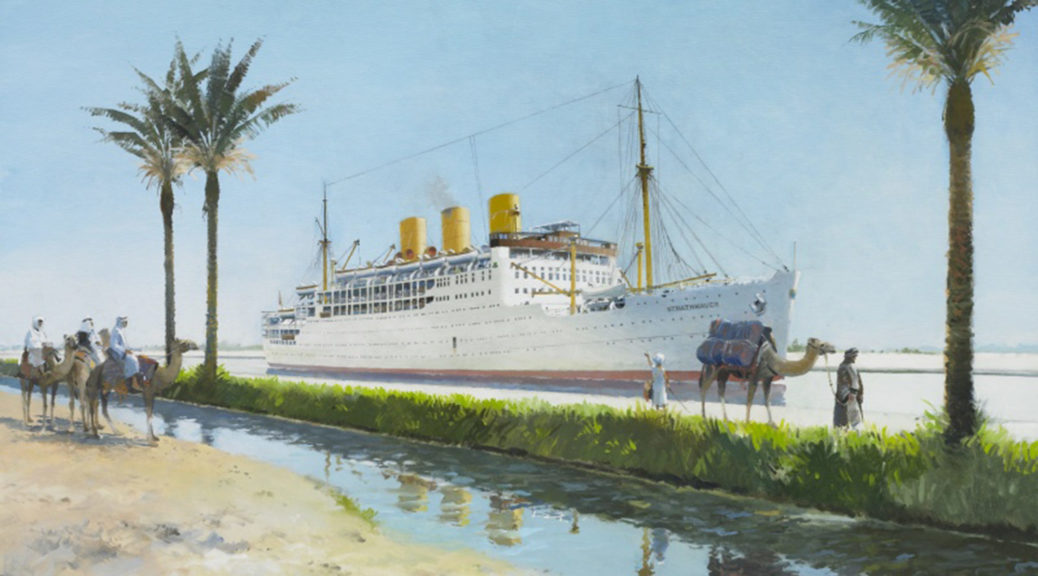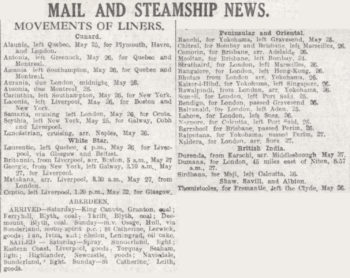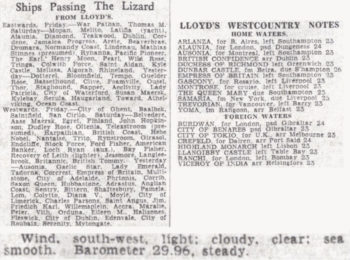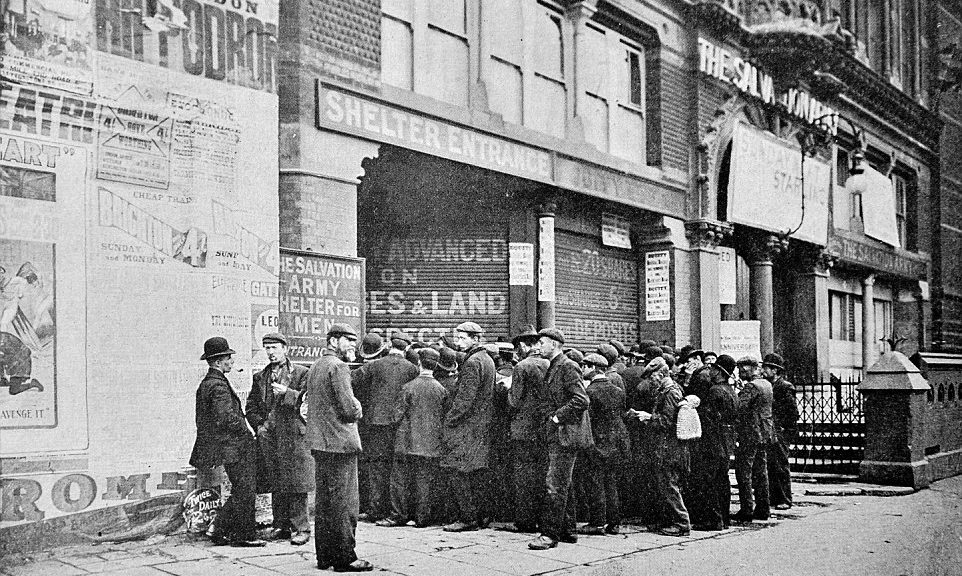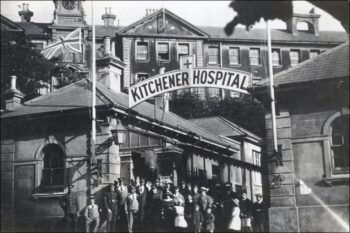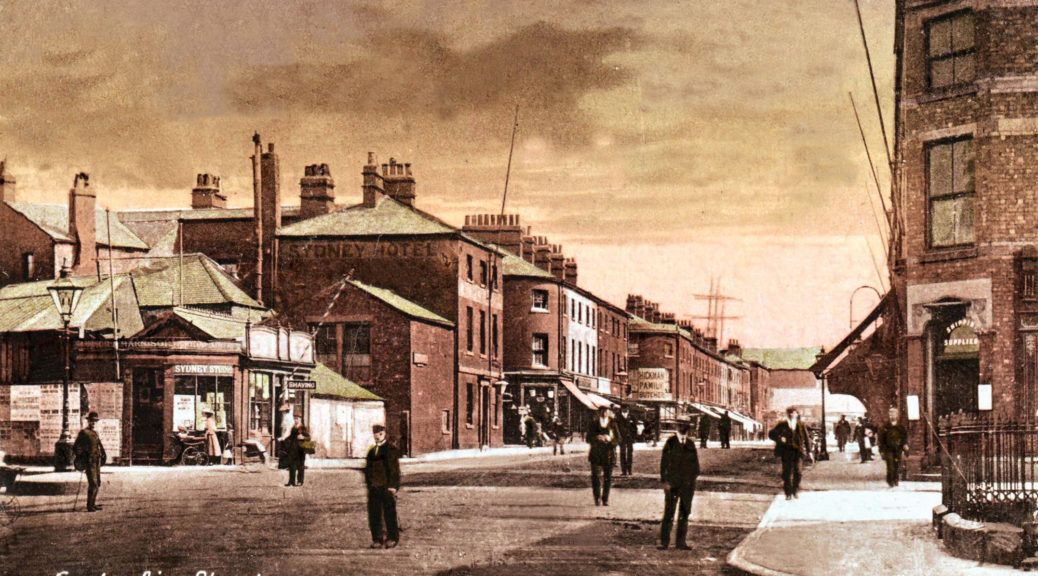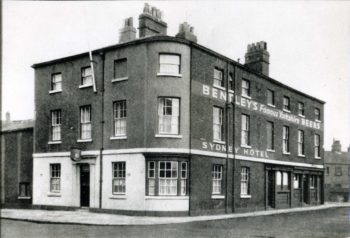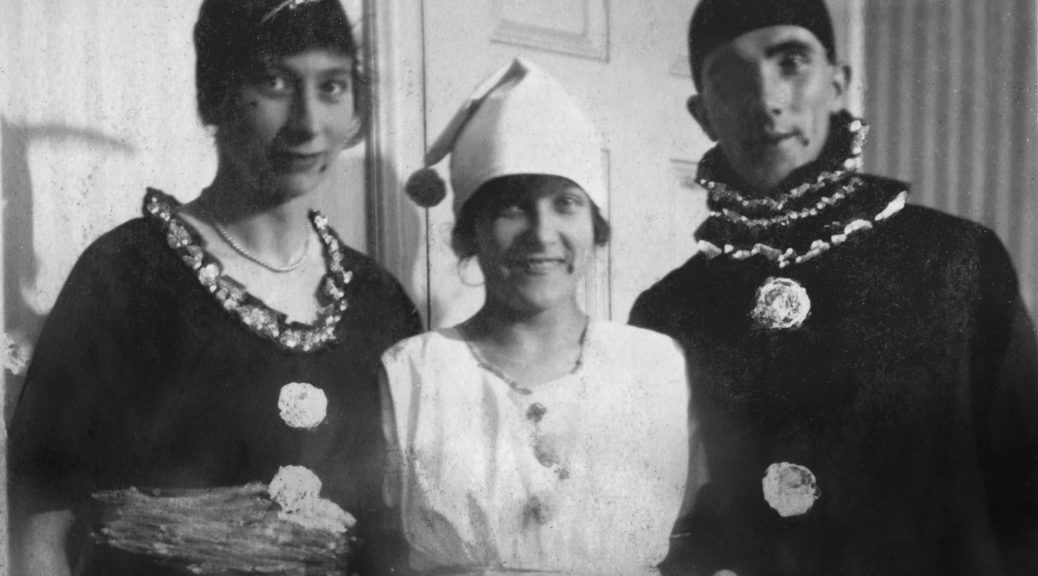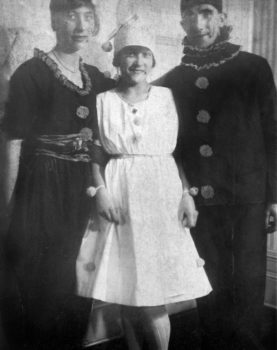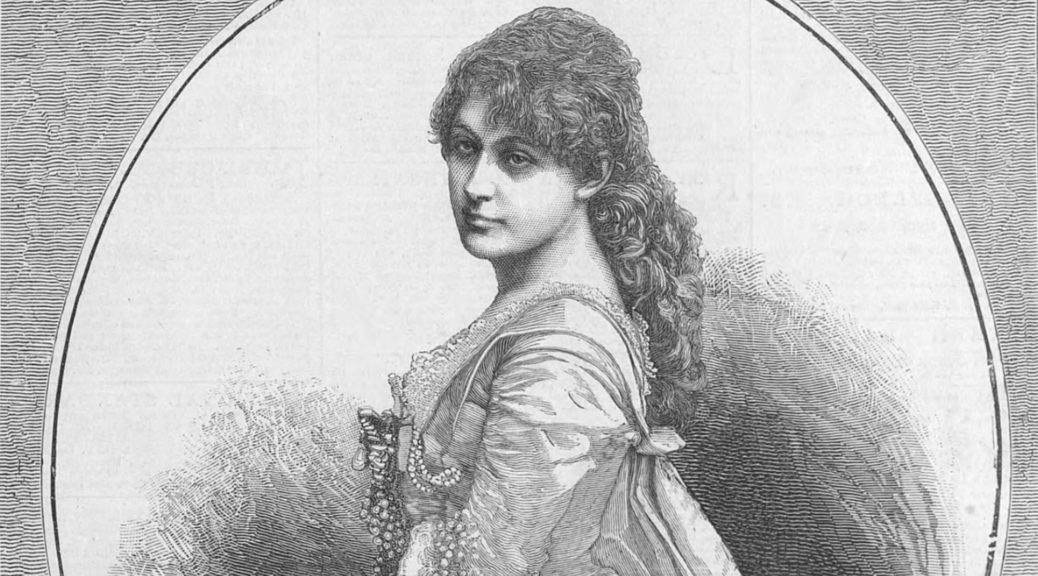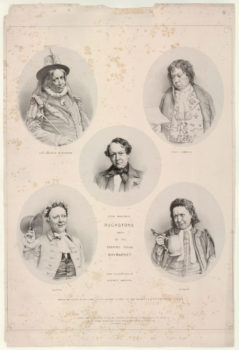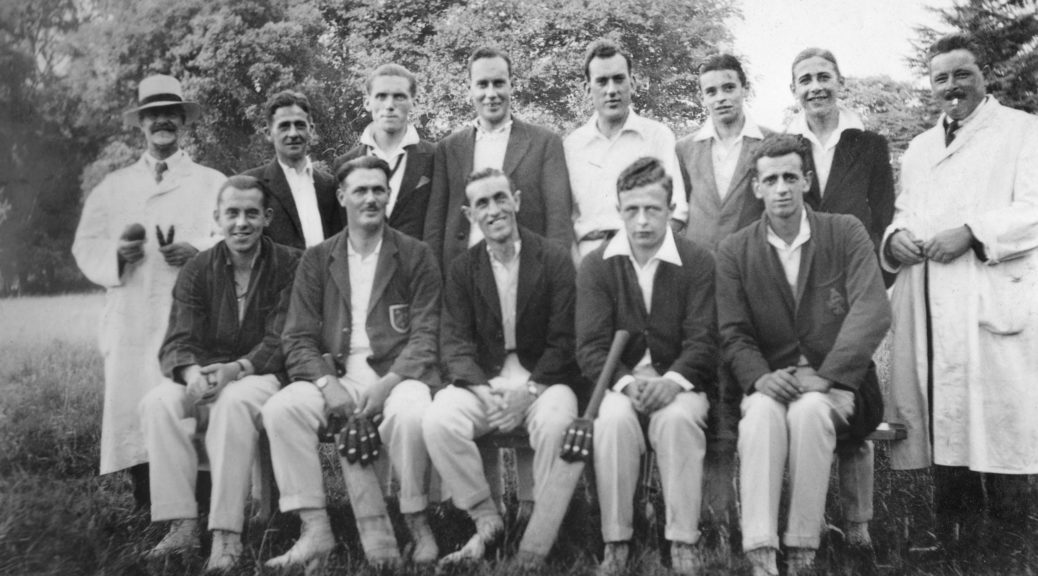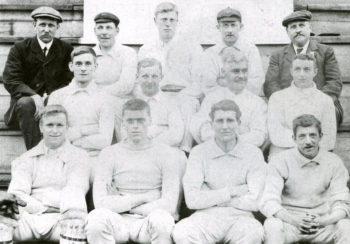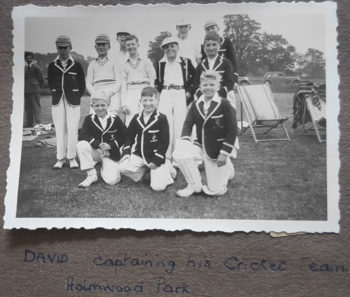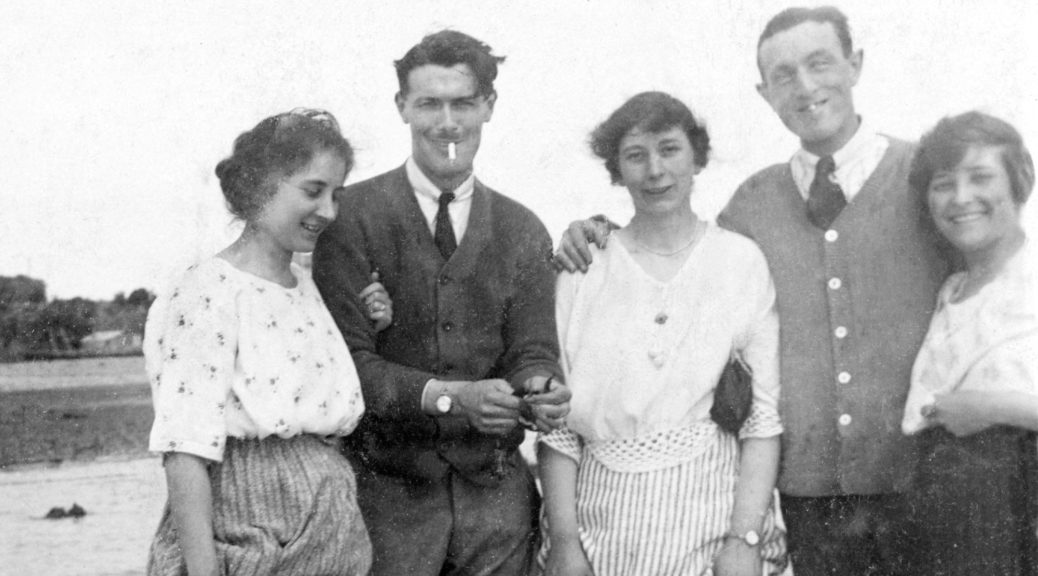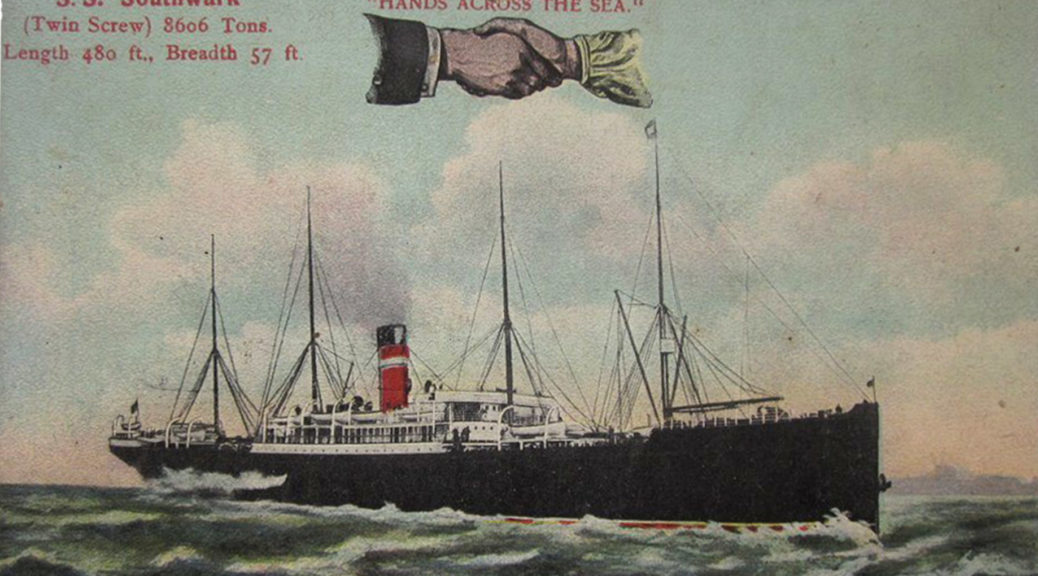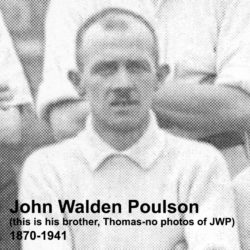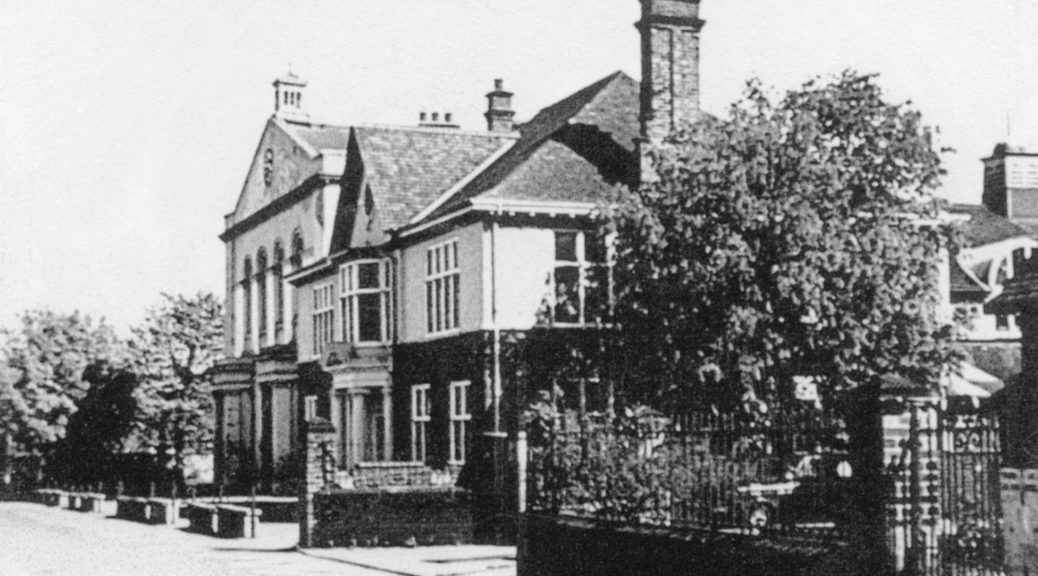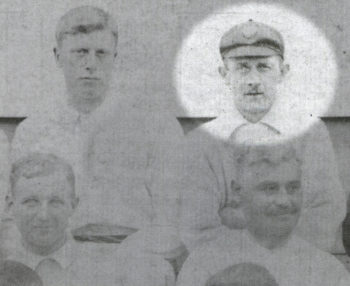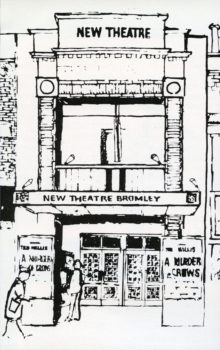
Peter Goss, my godfather, and David Poulson, my Dad, met while working as actors in repertory theatre at the Theatre Royal, Bath in August 1954. Both had been in weekly rep for several years, long enough to have some idea about how to produce a play as well as act in it. When I asked my mother, actress Yvonne Forster, whether it was Dad’s youthful good looks that attracted her, she said it was his ability to bring order to a chaotic production she was acting in (in Dartford). In some scribbled notes Dad made for a memoir (which he never completed), he described a performance where he was acting as a human door hinge for a broken part of a set (in between being fired by a furious producer!) – the show must go on…

